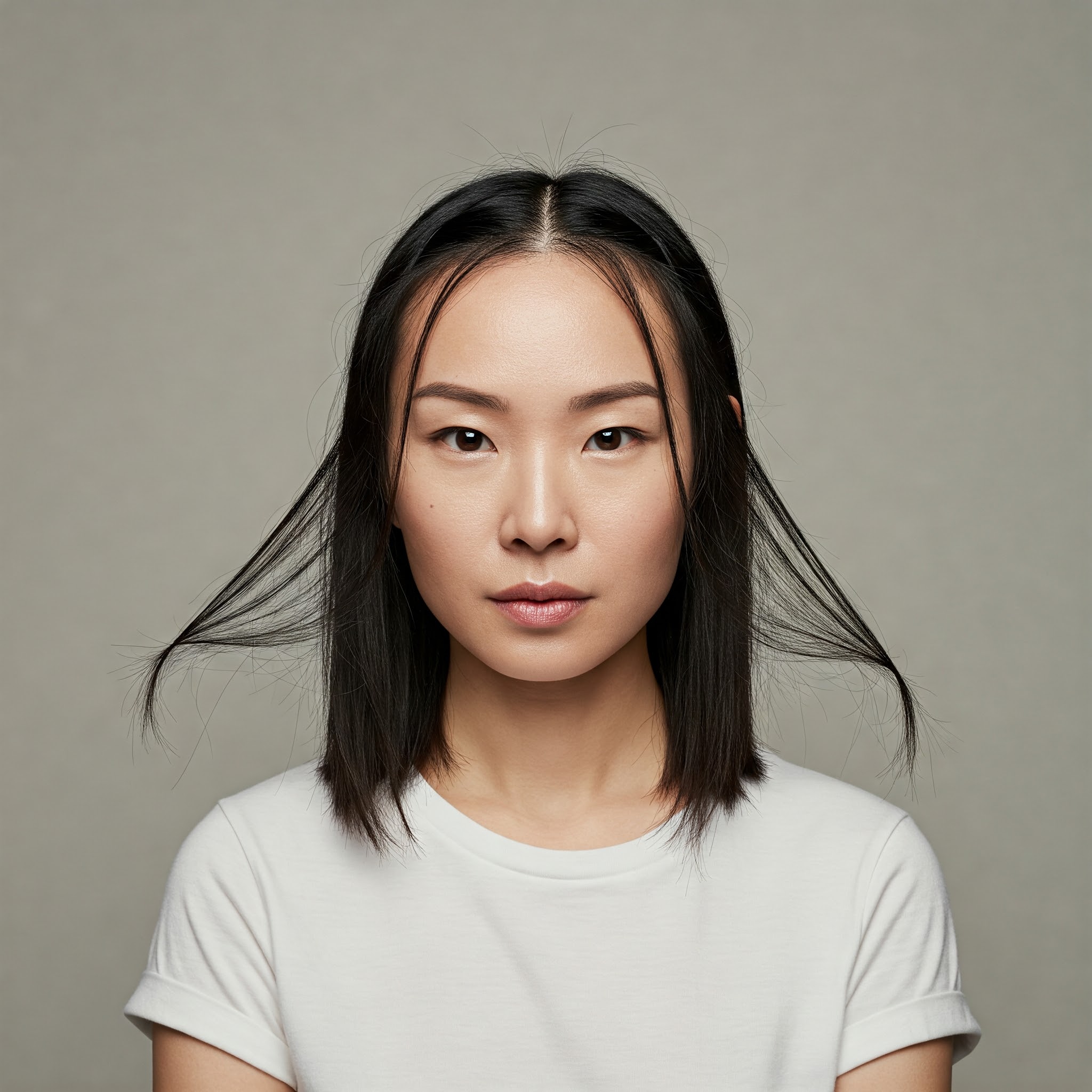
Hair loss is a problem that many women in Singapore and around the world struggle with. It’s distressing to deal with because of the great toll it takes on our physical appearance and self-esteem.
But did you know you can fight back against female pattern baldness and thinning hair by keeping your hormone levels in balance? You could even get help from your women’s clinic in Singapore for recommended treatments.
Let’s have a closer look at how different hormonal imbalances affect your hair’s health.
What Hormones Are Linked to Hair Loss?
Here are some of the main hormones associated with hair loss issues:
Androgens
Imbalances with androgens like testosterone typically affect men more than women, but they can still influence hair loss with the latter. These hormones bind with hair follicles and cause them to shrink, leading to thinner and shorter hair as well as more shedding.
If your testosterone levels are too high, it could produce more DHT or dihydrotestosterone, an even more potent variant.
Oestrogen and Progesterone
Healthy levels of oestrogen actually boost hair growth. However, extremely high levels can disrupt the life cycle of your hair, causing them to thin out prematurely.
On the other hand, having too little progesterone also stunts your hair cycle. This is because the hormone keeps testosterone from becoming DHT.
Thyroid Hormones
Thyroid hormone fluctuations also affect hair health. For instance, hypothyroidism can make your hair slow-growing and brittle, while hyperthyroidism damages hair follicles so you shed more hair.
Cortisol
Cortisol aka the stress hormone is linked to different women’s health issues, such as irregular periods and infertility. But it can also cause accelerated shedding if you’re always stressed.
Health Concerns That Can Make Women Lose Hair
Several health conditions that create hormonal imbalances or are caused by them have hair loss as one of their symptoms.
These medical issues include the following:
-
Polycystic Ovary Syndrome: As a symptom, PCOS-related hair loss is not as common as abnormal hair growth, but it can still happen to affected women.
-
As mentioned earlier, thyroid disorders can have adverse side effects on your hair.
-
Menopause results in lower estrogen levels, while androgens become more prevalent.
-
Oestrogen levels can also drastically drop after you give birth, which can cause extreme hair shedding.
Visit Your Women’s Clinic for Guidance
It’s not practical to deal with hormonal imbalances by yourself. Fortunately, Singapore’s health clinics for women aren’t just meant for treating STIs and the like. They are better equipped to assess the extent of your hormone problems and create treatment plans for you.
Some possible treatments are:
-
Hormonal birth control pills (can stabilise oestrogen and progesterone levels)
-
Hormone Replacement Therapy or HRT
-
Anti-androgen pills or androgen blockers
The doctor at your women’s clinic in Singapore can also recommend other management tips to improve your condition, such as:
-
Develop a healthy diet plan to boost your hormonal health
-
Practise stress-relieving techniques to control your cortisol levels
-
Have a regular exercise routine to improve blood circulation to your scalp and regulate hormone production
If necessary, the women’s clinic may also direct you to other healthcare professionals, such as dermatologists. These specialists can prescribe treatments specifically for hair loss if you still have trouble growing your hair back.
With the Right Help, You Can Restore Your Healthy Hair
Hair loss can be caused by a wide range of problems, and hormonal imbalances are just one of them. It’s important to understand the root cause first so you know how to address it more effectively.
But remember to visit your women’s health clinic in Singapore first. This is a problem we can’t fight alone, so we’re going to need all the help we can get if we want to have healthy, beautiful hair again.